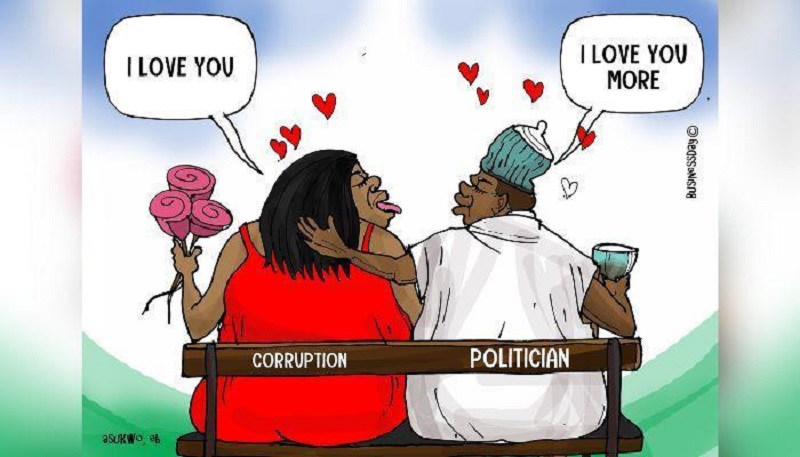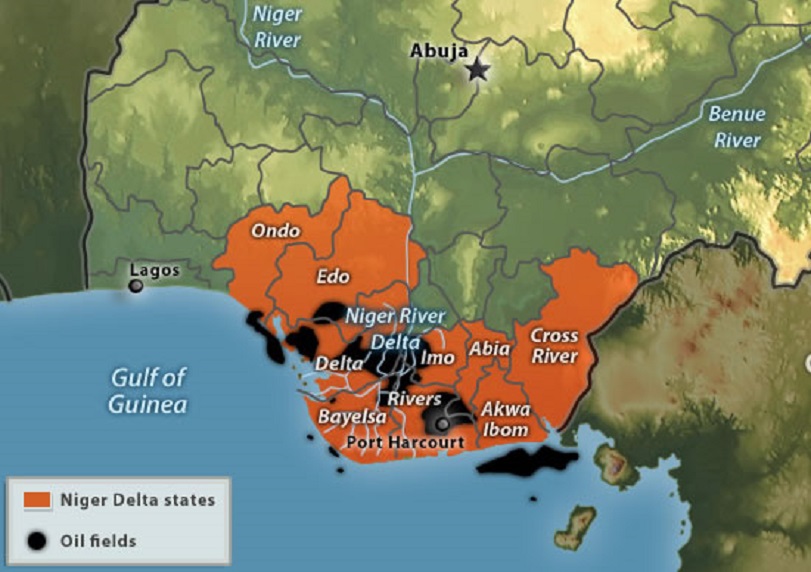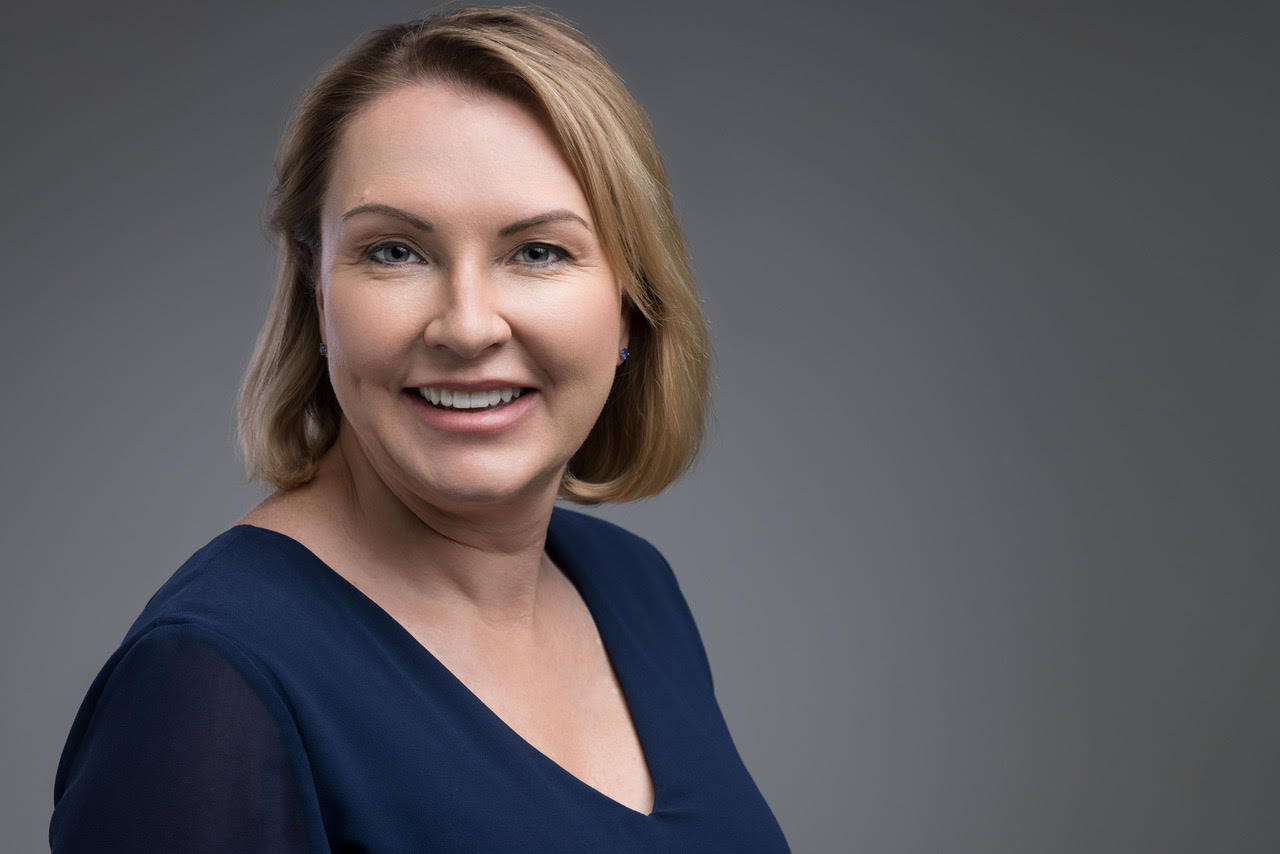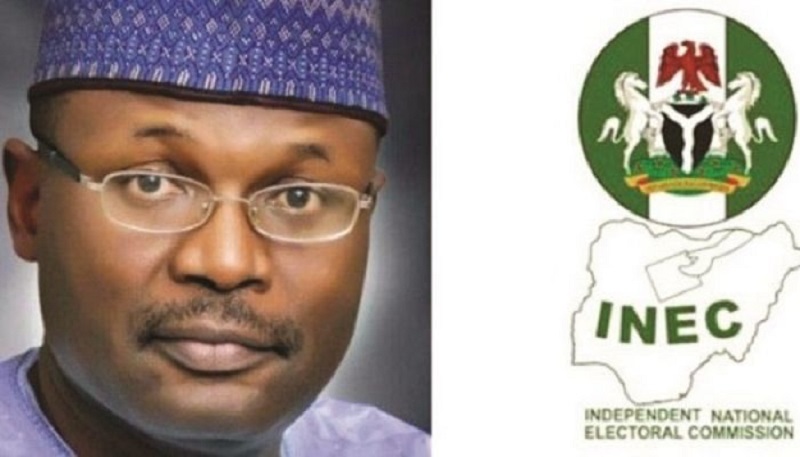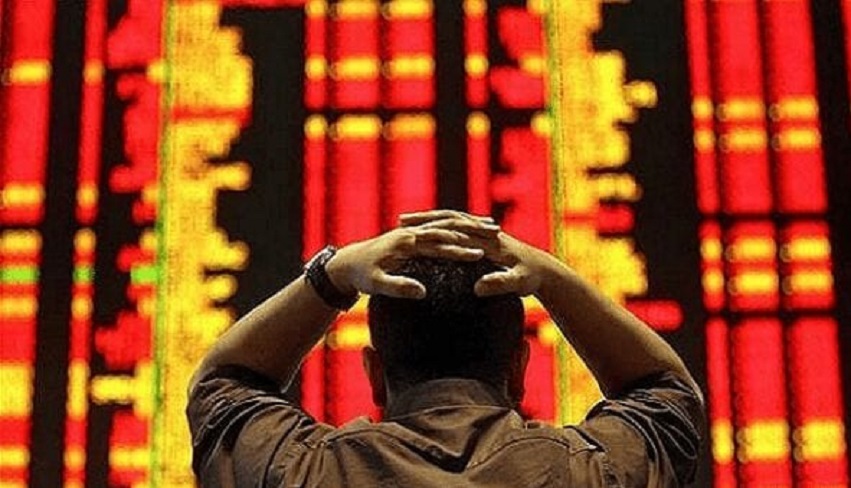By Prince Charles Dickson PhD
These days when one wake up, the first thing I do is to call colleagues, friends and foes alike to find out if we are still safe, if our politicians have not sold us back into slavery. I try to find out if we are still Nigeria and Nigerians, after all, we are changing and reverting to old anthems, we may as well, change the country name, or flag… You do not want to blame me for that. The opposition is trying to put up front and yet then swim in the same mistakes of those they want to change. The fact is simply put; there is something about the Nigerian politician. The ruling party is terrible; the opposition is an abridged version of terrible
When I use the term, Nigerian politician, I use it from the perspective of not just an individual but a bunch that includes the leadership, leaders, citizenry and the led. There is just something about us that is just not right or that we are not getting right, we all acknowledge that there is a problem but we simply cannot stick to an all-purpose solution, so round and round in circles we go.
Let me x-ray the Nigerian politician in the words of Patrick Loch Otieno Lumumba “…Look at our leaders, who when they are seeking to serve us, when they are seeking our support, they are humility personified. They kiss babies, they go to the shibins, they drink from dirty cups, they walk on foot, they smile with us, they take photos with everybody, they discard their security…they speak the language that we want to hear, they do the things that they think we want to see them do. They delude us, they cheat us, and somehow we accept that they are leaders, but immediately they get what they want, they have a reverse polyline conversion. If they were Paul, they go back to being Sauls and we can no longer recognise them. When you ring them, their phones are picked up by somebody called the PA whose only claim to fame is that he is rude beyond measure. When you go to their offices they no longer want to see you, when they are driving in the streets their sirens scare you, while I suspect that those who discovered the sirens meant that it should be used for good purposes, for them it is a badge of honour, and they harass us in the streets. They acquire things which they have not worked for, they promise us things which they know they will never deliver, they want to be described as honourable even when they are horrible”
Our selected or rigged officials go about town feeling like demigods that they have become. I know of a politician that drives in a convoy of 20 cars, not to another state but to Sunday service and you guess where the church is…at the government house, a 4-minute walking distance from his official residence.
Our politicians would and indeed do anything to retain power and to remain relevant. That is why a distinguished Senator wants to become an extinguished Governor irrespective of the seeming demotion, all that matters is the power, the money, and the madness that comes with the office.
That the Nigerian politician is a crook is obvious, not that they are any better elsewhere, but then when a people choose the path of silence they pay the price. Ironically politics in Nigeria and by Nigerians is illusionary and subject to political geometry and arithmetic beyond the ordinary man. So, we may want it, but do they want it, it is all about what they want. The Nigerian politician is always looking for avenues to explore the masses, not that they have to look far because we give them quite a number of them and so they openly exhibit gross greed, use our collective sweat to secure a good life and not blink an eyelid. After all, what can we do?
For Nigerian politicians, every elective position is a chance to come and chop, that is why they move from one party to another, one ideological bloc to another, and mind you the ideology is nothing but where the money and power are. Sometimes one does not blame them, have you ever seen a rejected or dejected politician, one that has been outsmarted, see him without the so-called paraphernalia of office and you certainly would feel pity for that politician, and then you would understand why they are ready to die for the position.
The Nigerian politician is an expert in his type of mathematics where 2 plus 2 never gives 4, on the contrary, it could yield as much as 6, 7 and 8, while in cases you may have a task in getting back 1. Our politicians lie with straight faces and bother less about what the people think. In Nigeria, the politician learns the art of lying is a skill, he is required to lie as a principle and he does it even to the admiration of the devil and without a heart. So, they play politics with health, education, water, roads, agriculture, and transport, they conceive their gods and sometimes it is difficult to bookmark them from local touts.
The nature of the Nigerian politician makes it pertinent that we lack an opposition because we all play the politics of the stomach, it’s all about what we will chop…so it’s a compromise, concession and still we do not get a consensus. Rancour reigns supreme, the voice of the nays are loud yet we say the yahs have it. Everybody is related one way or the other and hardly has anything different to offer. We cannot spot the difference because the difference is the same. We need Almighty’s grace and mercy to free us from all the mess that we have entangled ourselves with. The anatomy of the Nigerian politician and our political landscape is a spider’s web only Almighty Allah can save us.
Politicians claim on the one hand that their people want them to serve yet they break the bank vault, sell their birth rights to a godfather and promise heaven on the road to hell. Interestingly when the becoming becomes unbecoming we are witnesses of the end product and they successfully keep us busy with analysis, which does little to change the facts on the ground.
They keep looking for avenues to explore the masses, not that they have to look far because we give them quite a number of them and so they openly exhibit gross greed, use our collective sweat to secure a good life and not blink an eyelid. This is the story of the Nigerian politician I met, I every day however, work, pray and hope that—Nigeria may win.


